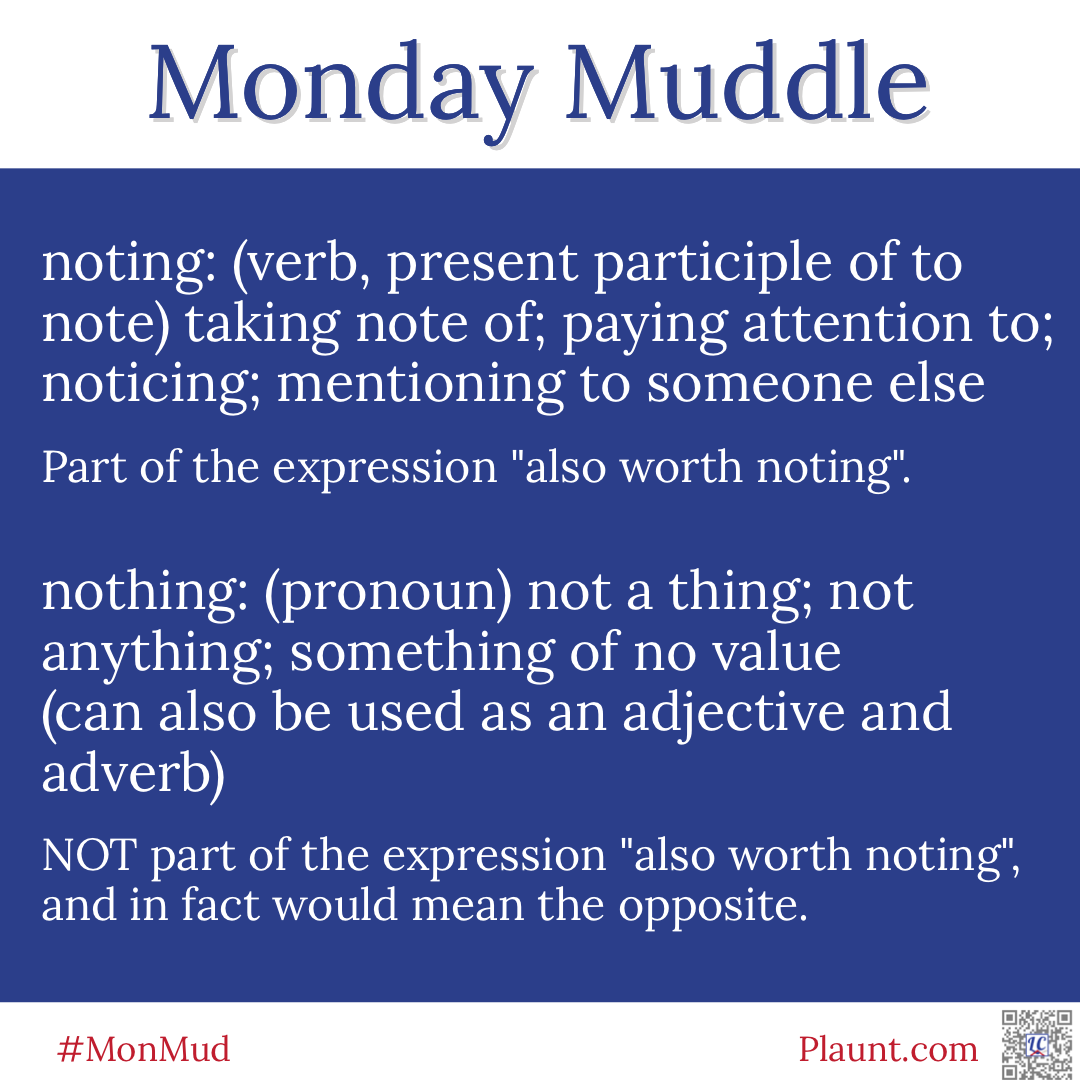For a weekly dose of language-based humour, visit my Facebook page at https://facebook.com/lcplauntMEd
Thursday Thought #TaylorSwift
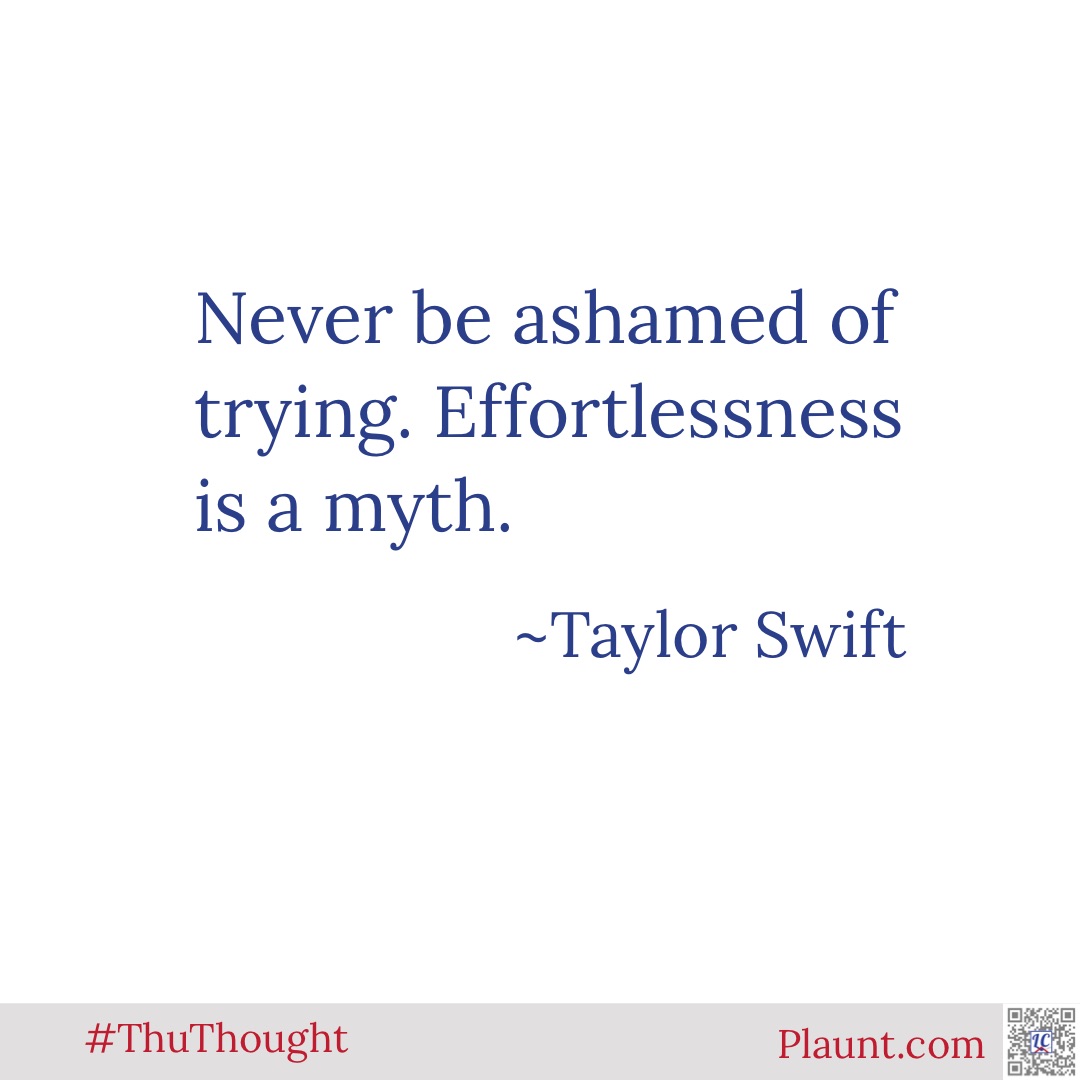
Wednesday Words
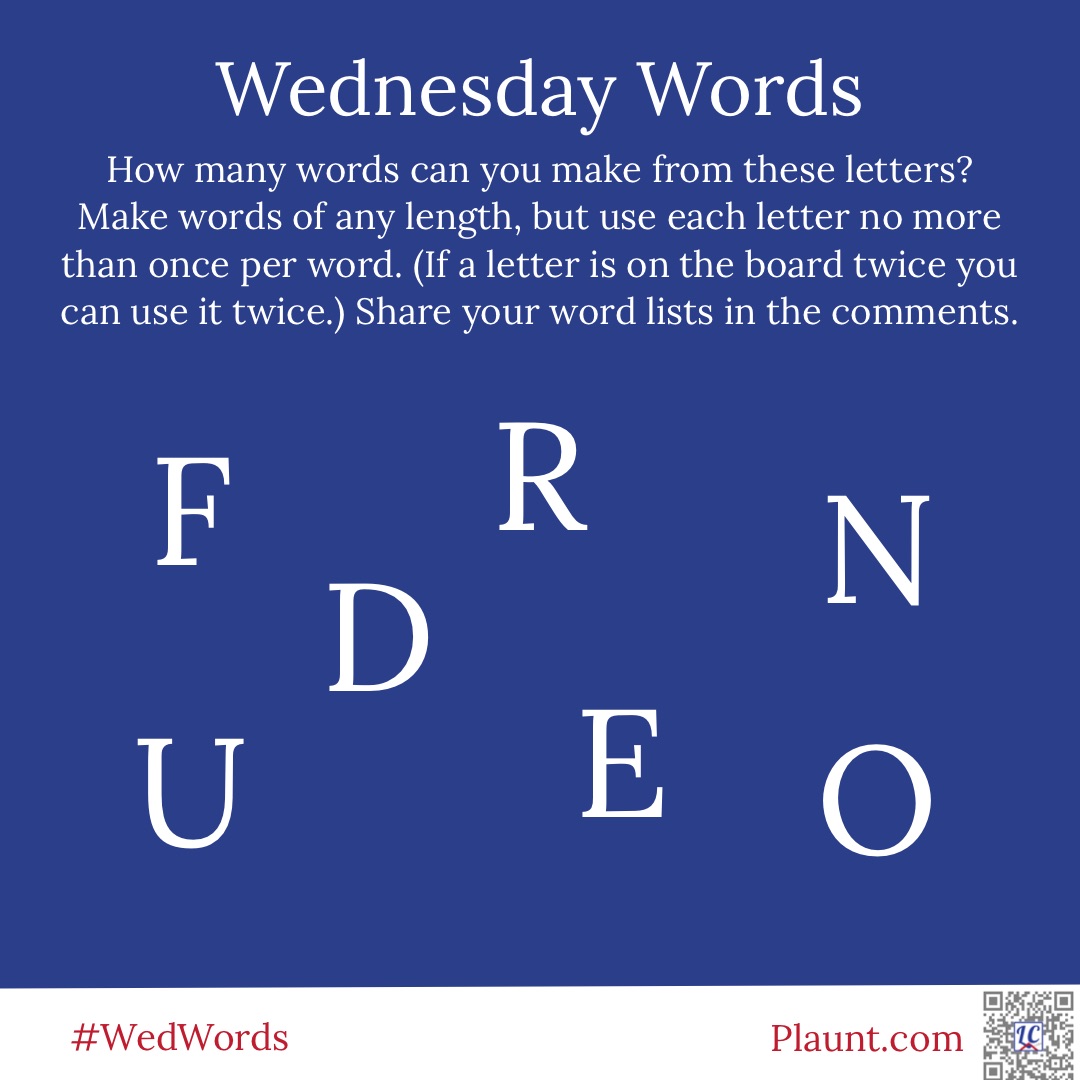
Tuesday Two
In two sentences tell me what you have learned about marketing recently.
Monday Muddle: affect, effect
By far the most common uses of affect and effect are affect as a verb and effect as a noun. The memory trick I use to help keep them straight is that affect is an action and starts with A. A is for action. Effect is a consequence or end result. E is for end. And if you have trouble remembering which is which, I would recommend trying to avoid the less common versions.
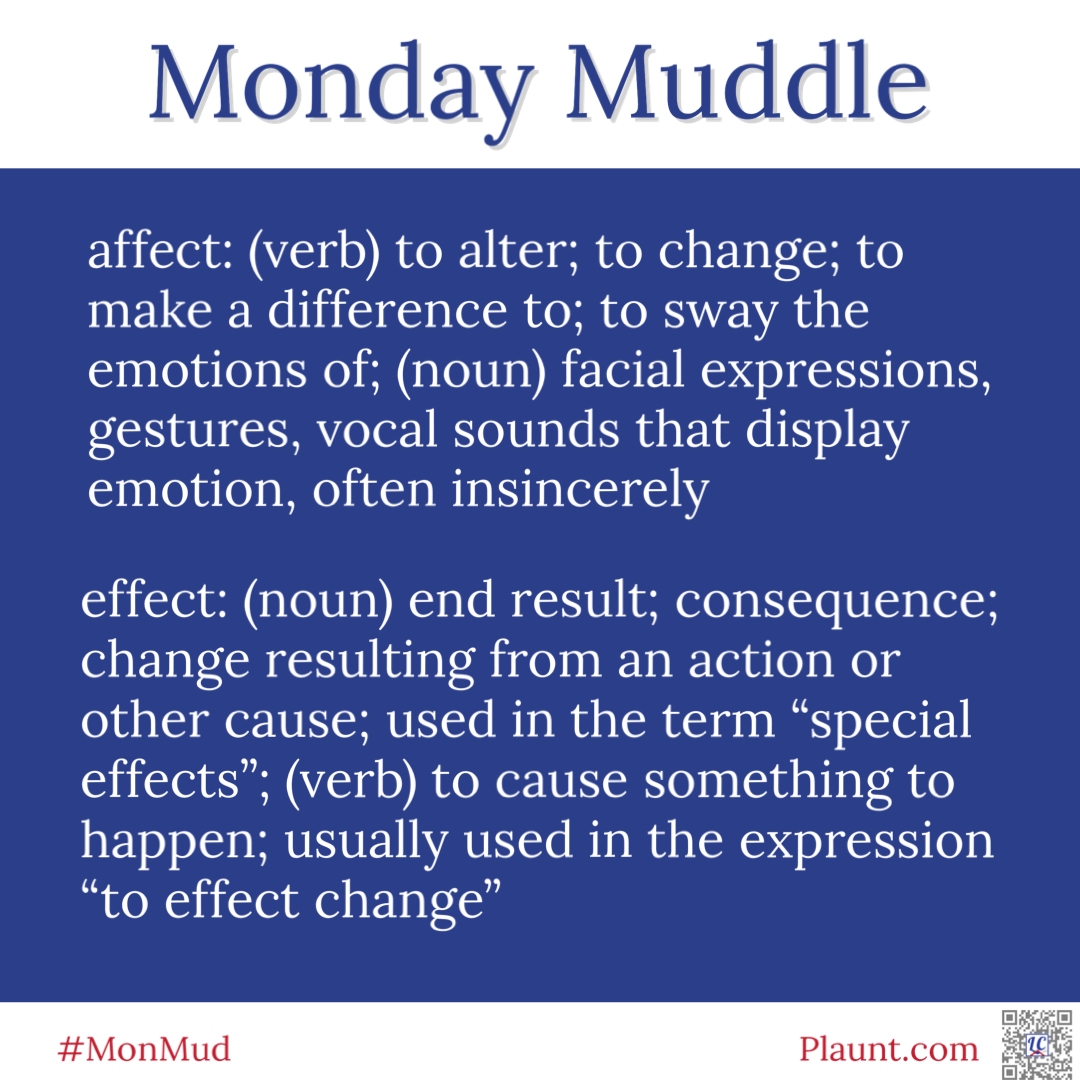
Language Laughs
For a weekly dose of language-based humour, visit my Facebook page at https://facebook.com/lcplauntMEd
Thursday Thought #ChuckNoll
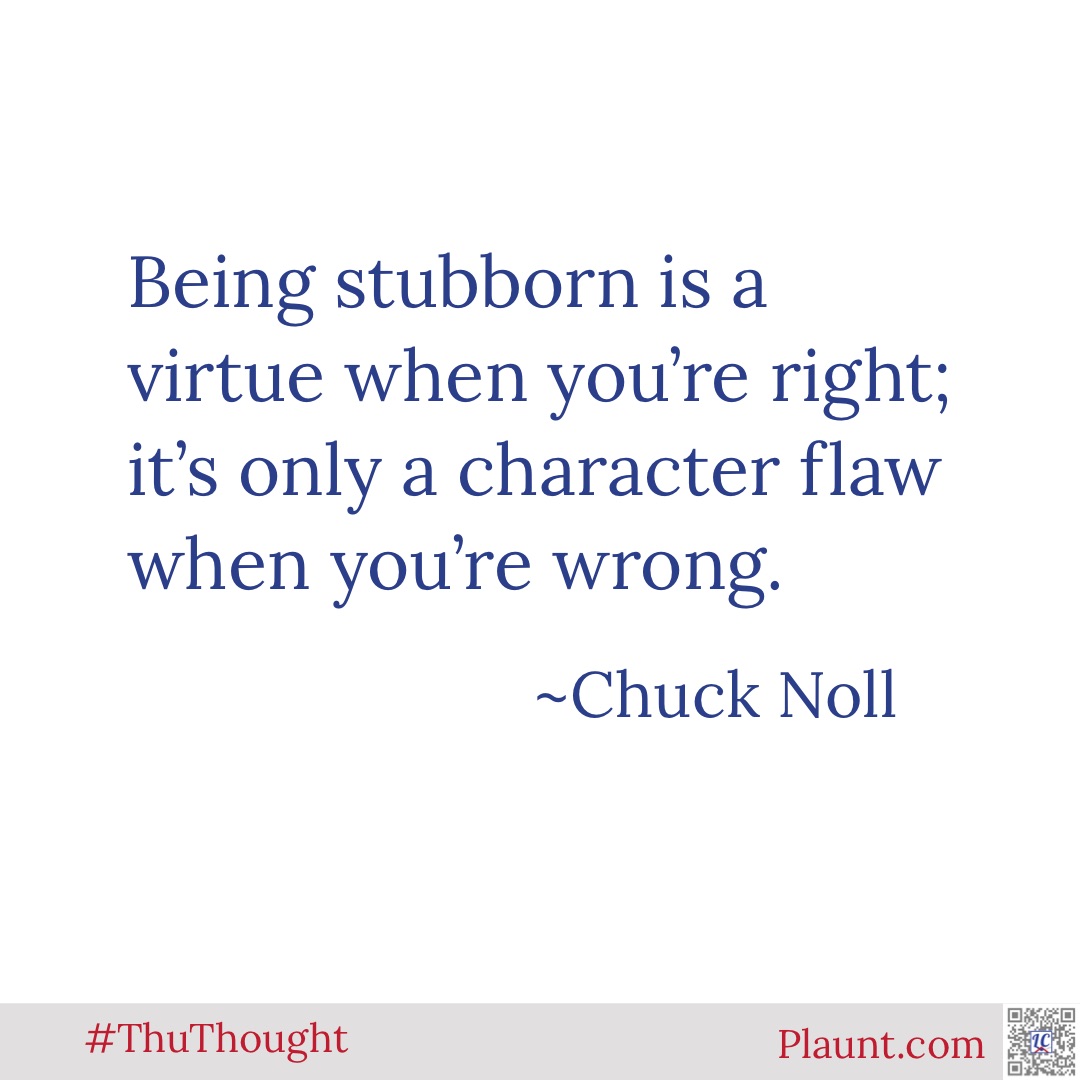
Wednesday Words
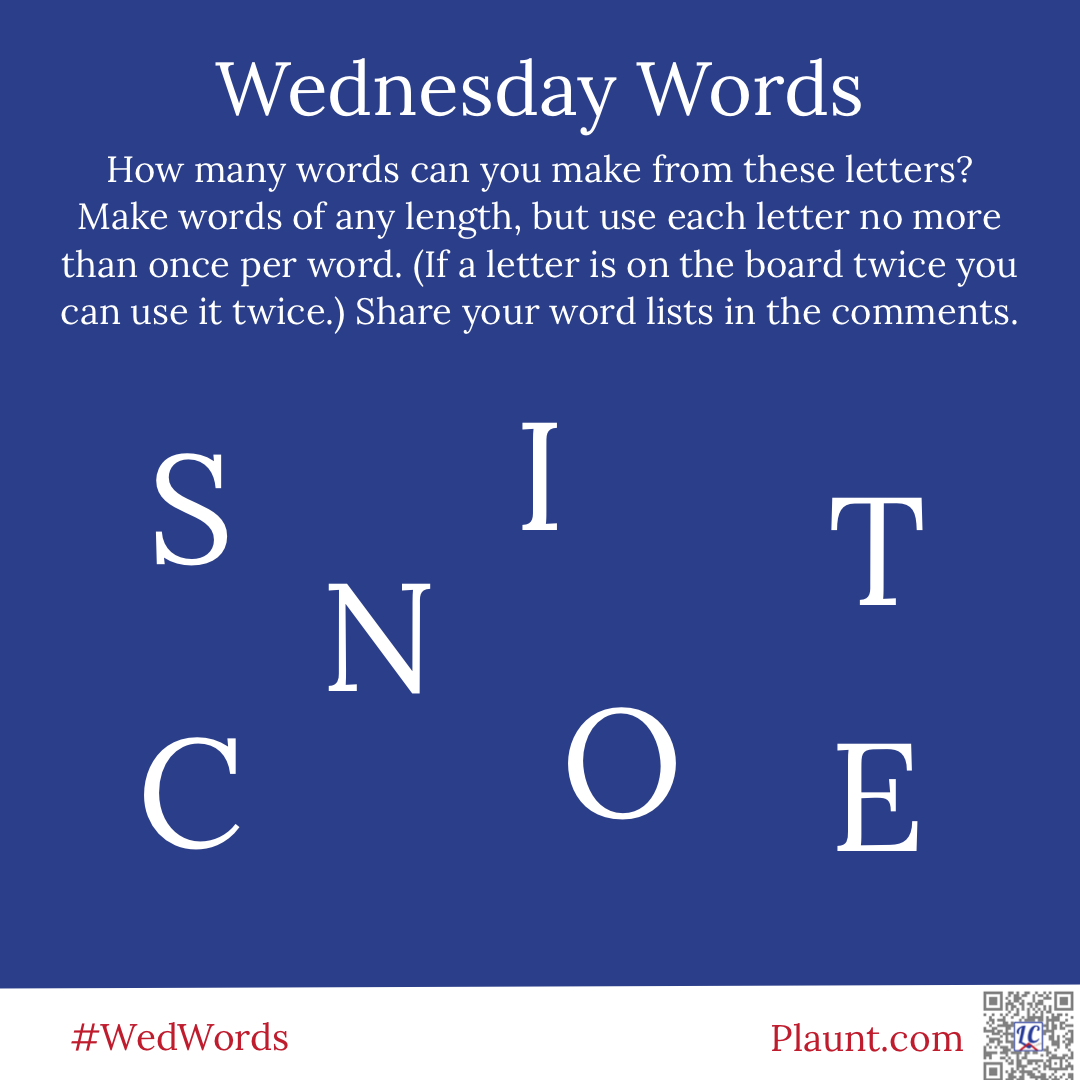
Tuesday Two
In two sentences tell me what you have learned about editing recently.
Monday Muddle: noting, nothing
